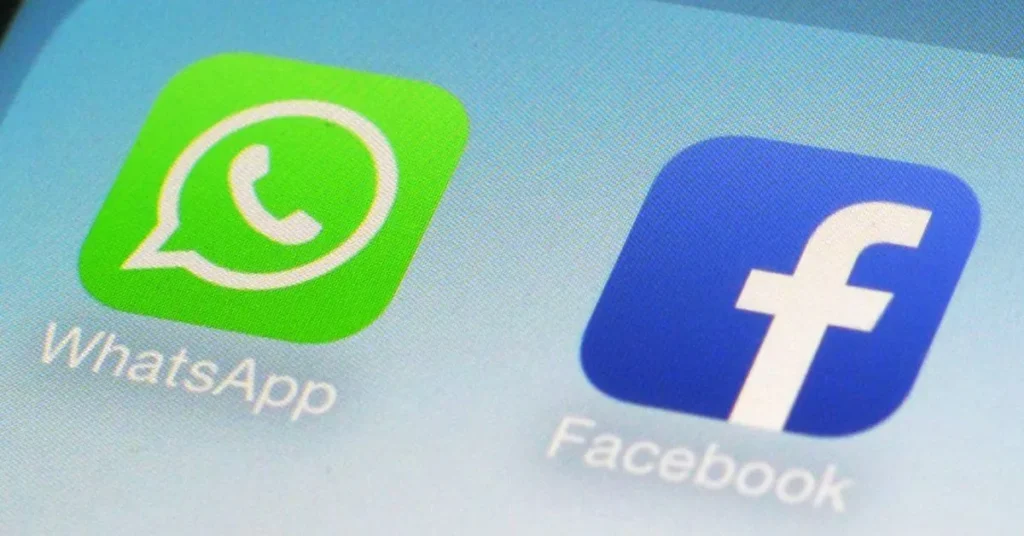Facebook said in February 2014 that one of the largest tech transactions in history had paid an amazing 21.8 billion Regulators from all around the world approved the sale despite the high price and attention it garnered. The several elements influencing the approval of this historic transaction are investigated in this study.
Facebook has acquired the mobile messaging app WhatsApp for roughly $22 billion, up from the original $19 billion when the coins-and-inventory deal was struck early this year, given the rising value of Facebook shares.
Facebook named WhatsApp co-founder Jan Koum, the CEO, to the board Monday. WhatsApp is the Menlo Park, California agency most acquired thus far, by a considerable margin surpassing any strategy from Google, Microsoft, or Apple.
The price Facebook was ready to pay when the buyout was revealed on February 19 generated considerable controversy, but experts agreed that acquiring the well-known website was a worthy experience. Based on Facebook’s, the purchase—which comprises limited shares, cash, and stock given to WhatsApp staff—is rather valued at $21.8 billion.
Brooklyn (AP) — New York City Facebook has finalized its acquisition of the mobile messaging service WhatsApp for about $22 billion, up from the initial $19 billion when the cash-and-stock transaction was negotiated early this year. Thanks in part to the rising price of Facebook shares.

Facebook named Jan Koum, co-founder of WhatsApp and CEO, to the board Monday. For the Menlo Park, California-based startup, WhatsApp stands by far the biggest purchase for more than any Google, Microsoft, or Apple acquisition.
Many were shocked by Facebook’s readiness to pay when the purchase was leaked on February 19, but analysts agreed that acquiring the reputable company made sense. Facebook’s Monday stock price values the deal—which includes restricted shares given to WhatsApp employees, cash, and stock—at $21.8 billion.
With more than 500 million users, WhatsApp has been rapidly growing especially in underdeveloped countries including Brazil, India, Mexico, and Russia.
WhatsApp users can hold private and group chats using their phone contacts. It also lets users send texts, pictures, videos, and audio recordings over the Internet and contact or phone individuals overseas without paying costly costs. The service is free to use for the first year and then charges $1 yearly; it has no advertising.
WhatsApp is something Facebook wants to keep stand-alone. Messenger is Facebook’s mobile messaging app already.
Aimed for deliberate market expansion
When the acquisition took place, Facebook was a big participant in the social media scene. Still, as more individuals turned to messaging applications for communication, their market was growing.
With its massive global user base and strong presence in underdeveloped countries, WhatsApp presented Facebook with a strategic opportunity to raise its messaging market share. Integration of WhatsApp into Facebook’s ecosystem promised to increase user involvement and usefulness of both services.
Read more: What Does “CF” Mean on Instagram? – Techydr.com
In the dynamic world of social media, acronyms and shorthand expressions are part of the daily lexicon.
Innovation and advantages for consumers
Oftentimes, regulators decide whether a transaction would help consumers. In this case, Facebook assured authorities that WhatsApp will remain a stand-alone tool with its necessary functions combined with improvements and new features.
How the world sees growth and what the future holds
People were open to the sale because WhatsApp is popular all over the world, especially in developing areas. Facebook thought that reaching out to new user groups and places would be a great way to grow.
People thought that the purchase was planned to take advantage of WhatsApp’s growth potential and get into these areas. People thought that this fit with Facebook’s plan for growth would be good for both businesses and the wider digital ecosystem.
conclusion
Facebook was able to buy WhatsApp for $21.8 billion after a thorough review of the strategic benefits, competitive landscape, customer preferences, and regulatory worries. Facebook got into the texting business to improve the technology it provided and grow its reach around the world.
This was their decision, even though there were early reservations and the price was high: the acquisition would not significantly hurt competition or customer welfare. Instead, it was thought that it would lead to new ideas and give people new benefits, which would make the huge investment worthwhile.
